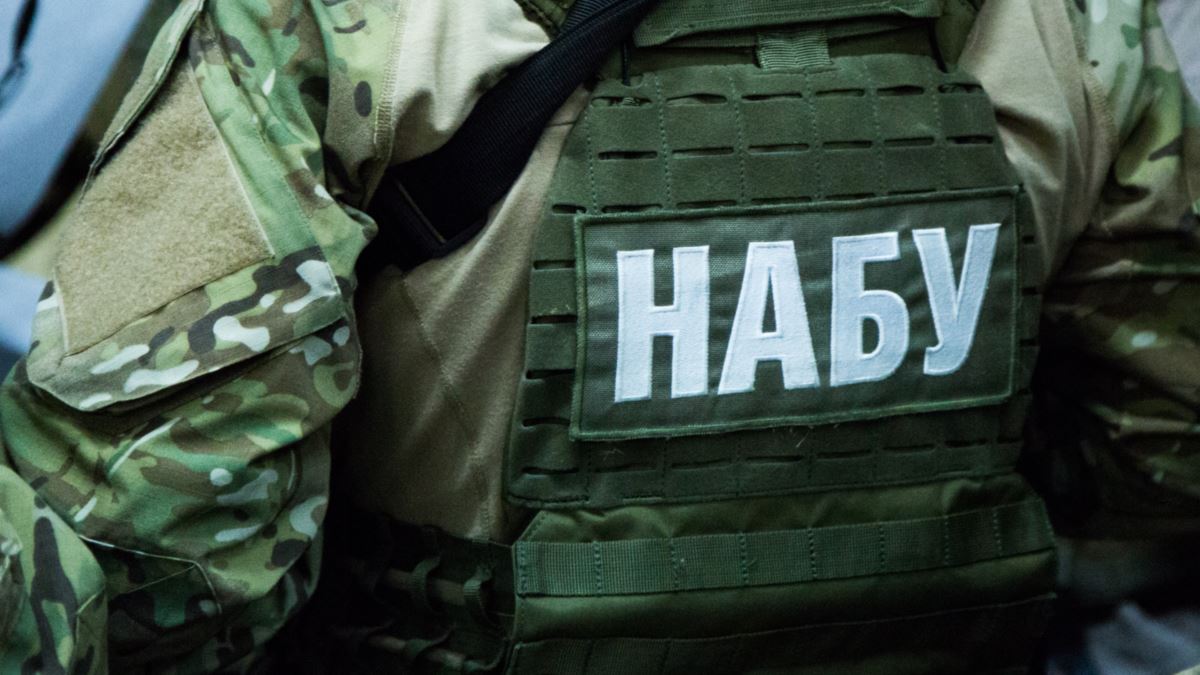

In April 2022, the term of office of Artem Sytnyk, the current director of NABU, expires. However, the legislative gaps regarding the procedure for electing the next one have not yet been filled in.
The problem should be solved by draft law No. 5459-1, the analysis of which TI Ukraine has published before. As of now, the draft law is being prepared for the second reading: recently, the final table of amendments has been added to the legislative initiative card, which the Verkhovna Rada Committee on Anti-Corruption Policy worked on. We have analyzed the changes that the Committee proposes to consider and have had mixed impressions.
What is proposed?
In the previous analysis, we identified two significant problems of 5459-1: the number of finalists of the competition and the early dismissal of the director of the Bureau beyond the grounds envisaged by the current legislation. In the version for the second reading, one of the problems was eliminated, and the other was worsened.
Thus, the updated version suggests that the selection commission present not two selected candidates, but three for the prime minister to consider. The prime minister will have to choose one of them, and then the government will approve this candidate. And this approach is very risky.
The fact is that this creates space for manipulation and the election of a more “convenient” candidate because there are no criteria for election among the three candidates. Despite this threat, the proposal to present a single finalist of the competition did not find support among the members of the Anti-Corruption Committee.
Another important amendment — the reduction of the participation term for the international experts in the selection commission. Now, they will be engaged only for one selection of the NABU director. The transitional and final provisions of the draft law provide that a draft law on the termination of participation of international and foreign organizations in the formation of the commission must be prepared within 2 years from the date of entry into force of this law. The previous version offered a longer term — 8 years, that is, for at least two competitions. Let us remind you that the term of office of the NABU director is 7 years.
At the same time, the amendment regarding the term of office of the current NABU director and the procedure for transferring their powers is unequivocally positive. This is the problem that the updated version of the draft law eliminates.
The Anti-Corruption Committee proposes to ensure that Artem Sytnyk fully exercises his powers until the end of his term. Thus, early dismissal of the current director remains possible only on grounds determined by law. In addition, from the date of the end of the current NABU director’s term of office until the date of appointment of a new one, all powers of the head of the Bureau will be exercised by the first deputy. And in the absence of the latter — by one of the deputy directors of NABU. Thus, the Bureau will not be left without a head if the competition is delayed.
Other amendments are not so significant as for changes, however, no less important. For example, it is proposed to add a new requirement for members of the selection commission — at least 5 years of work experience in the field of law enforcement or anti-corruption activity. And a new requirement for members of the audit commission — only those who have at least 5 years of work experience in pre-trial investigation bodies, prosecutor’s offices, foreign courts, or international organizations can become members.
It is also proposed to regulate the algorithm of actions for the situation if the members of the selection commission cannot come to an agreement on a certain issue: 24 hours for a repeated voting. After this time, a decision voted for by at least three members of the selection commission, two of them being international experts, will be considered adopted. Such an amendment can also be considered a safety net in case of a possible delay in the competition.
In addition, it is proposed to expand the list of rights of NABU employees with a clause on the possibility of removing information from transport telecommunications networks. This is important because at one time the director of the Bureau claimed that such powers would allow the Bureau to reduce the risks of information leakage and speed up the conduct of secret investigative actions. Meanwhile, the Bureau can remove information from communication channels only with the help of the SBU and only having previously received court permission.
Other proposals include clarifying the ways in which the government directs and coordinates the NABU, conducting an audit of the SAPO together with NABU, the algorithm of actions in case of dismissal of the NABU director, and so on.
In general, TI Ukraine supports this legislative initiative. However, we emphasize that an increase in the number of final candidates for the position of the NABU director increases the risks of appointing a “more convenient” head of this body.






